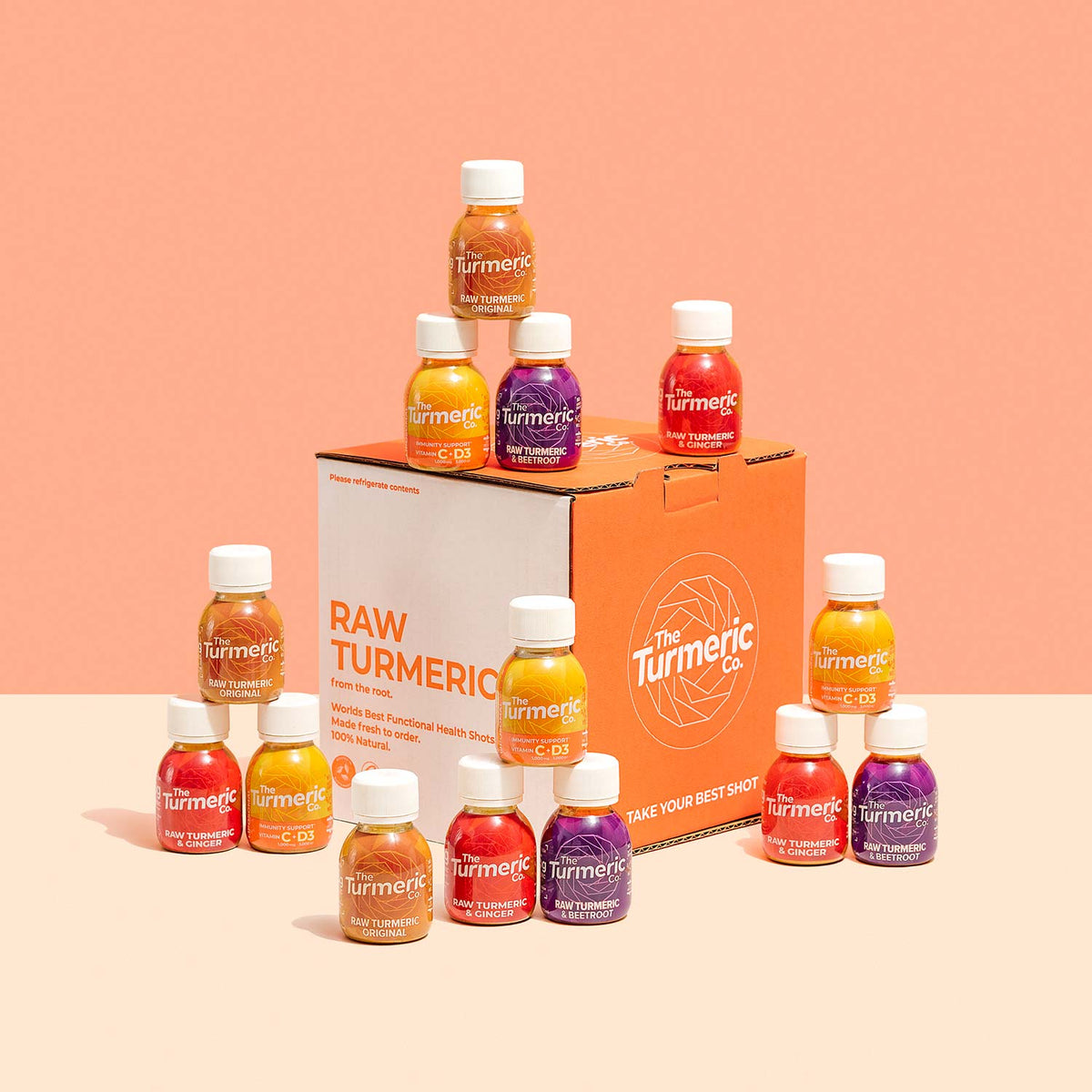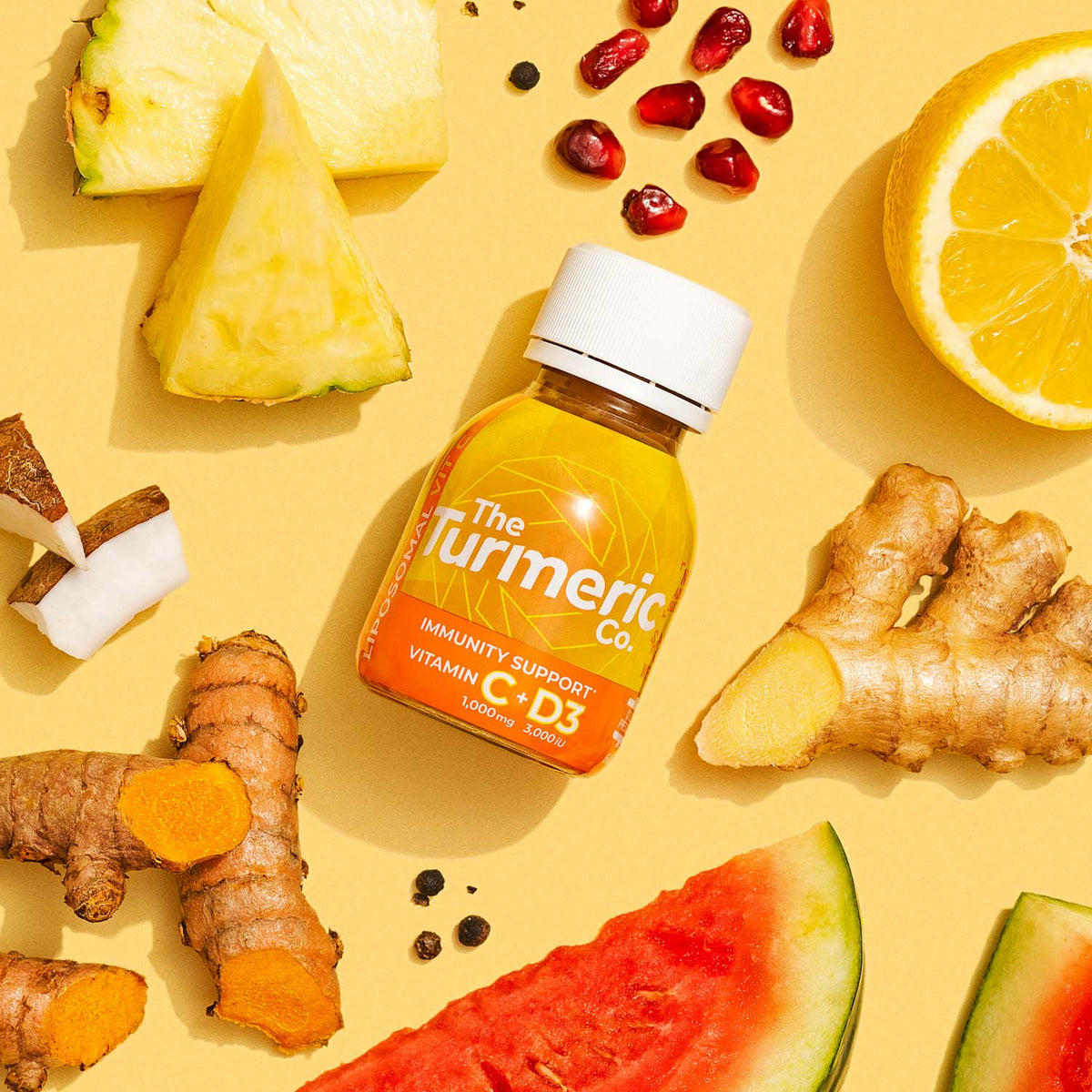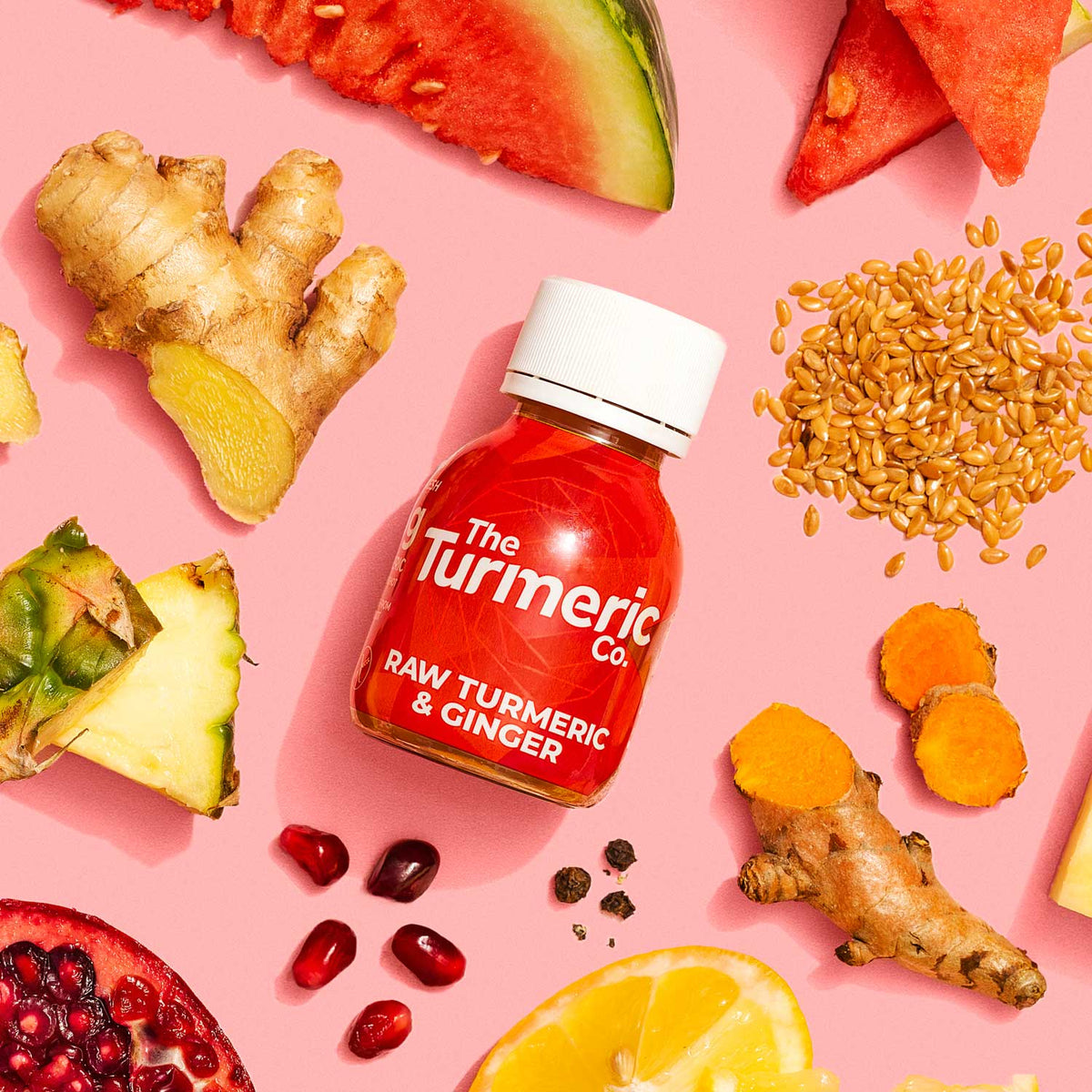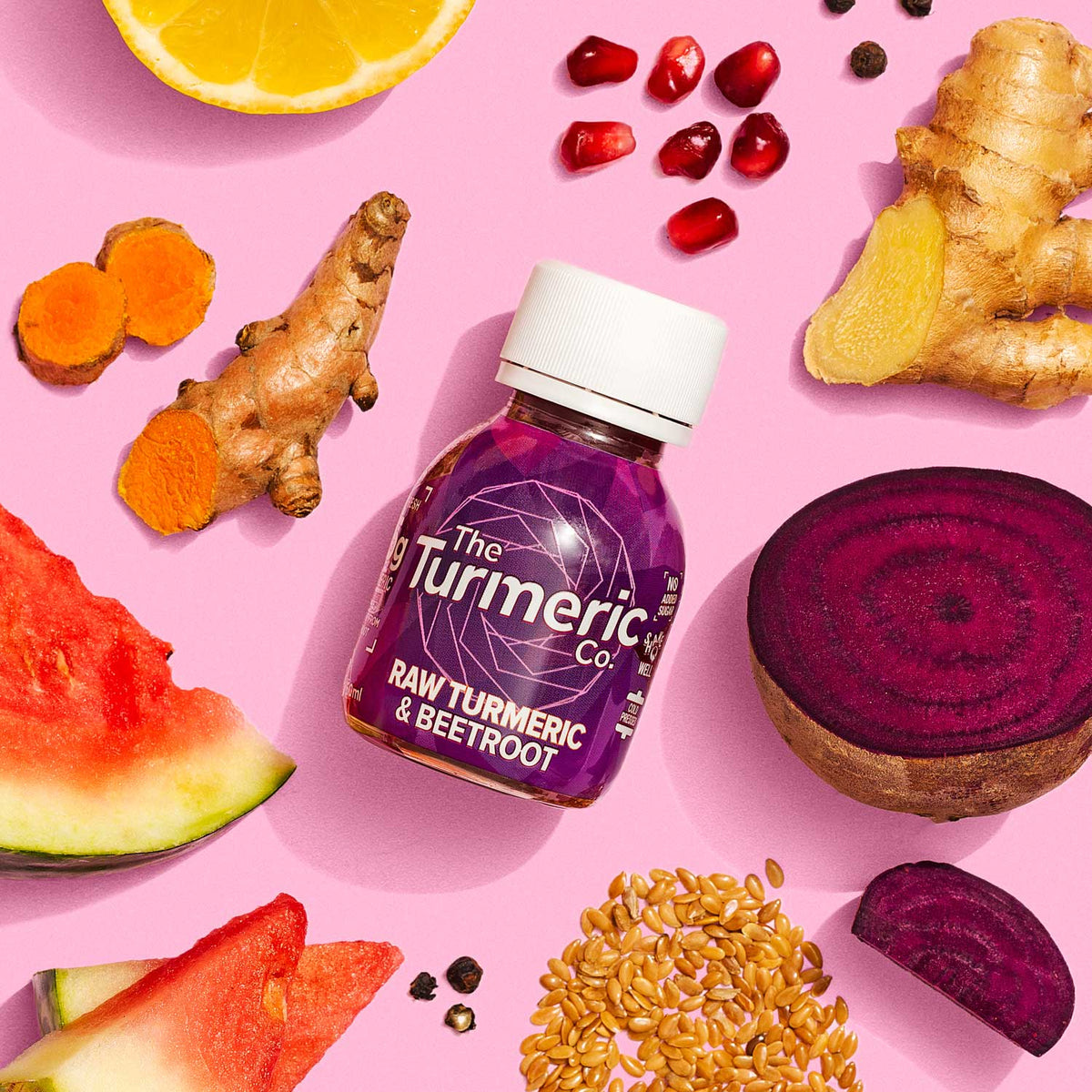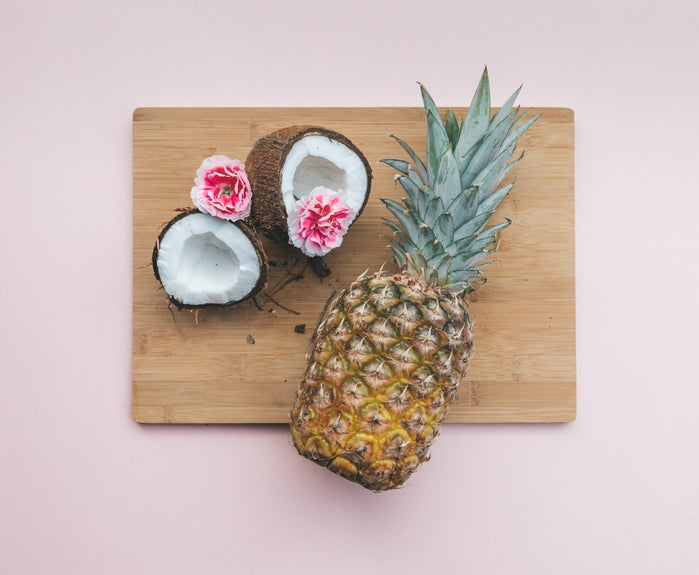The Many Benefits of Pineapple and Coconut Nectar
Ah, pineapple and coconut – two of the most tropical fruits you can get your hands on – and, more importantly, two of the main ingredients of a refreshing Piña Colada. Aside from being utterly delicious, there are many benefits of pineapple and coconut nectar that can be beneficial for your health.
From boosting immunity to providing you with a number of vitamins and minerals – the perks of pineapple and coconut nectar seem endless. So, whether you’re partial to pineapple on pizza or prefer refreshing tropical smoothies, these benefits of pineapple and coconut nectar might just surprise you.
What are the Benefits of Pineapple?
Don’t let the tough exterior fool you – pineapples are an incredibly sweet, nutritious fruit. Traditionally grown in South America, pineapples were first introduced into the UK in 1668, where they were a symbol of wealth and prestige. Although they might be less of a status symbol these days, the benefits of pineapple are rather impressive.

Pineapples are Full of Nutrients and Antioxidants
Not only do they taste great, but pineapples are packed full of nutrients, including:
- Vitamin C
- Vitamin A
- Vitamin B6
- Calcium
- Magnesium
- Potassium
- Folate
It’s an admirable list, but the health benefits of pineapple don’t stop there! Pineapples also boast incredible antioxidant properties, which can help to fight free radicals within the body.
If the body has too many free radicals, this can lead to inflammation, a weakened immune system and premature aging – to name just a few! So consuming antioxidant-rich foods can help to keep these problems at bay.
They can Improve Digestion
If you suffer from digestive problems, pineapple should be at the top of your shopping list.

Pineapples contain an enzyme called ‘bromelain’, which helps to break down protein molecules, allowing them to be more easily absorbed by the small intestine and potentially reduce digestive problems.
This is especially true for those who suffer from pancreatic insufficiency, a condition which means the body does not produce enough digestive enzymes.
They’re Thought to Boost Immunity and Reduce Inflammation
After spending so much time indoors over the past year, we’re always on the lookout for ways to support our immune systems and rumour has it that pineapple might just be able to help.
Having been used in traditional medicine for centuries, the enzyme in pineapple, bromelain, is thought to improve the body’s immune response. This helps to reduce the risk of developing both viral and bacterial infections, as well as improving recovery time.
Bromelain is also thought to assist the body’s inflammatory response, helping to reduce inflammation within the body, which could ease a number of conditions from arthritis to delayed onset muscle soreness.
They Can Reduce Bruising
Although it might be hard to believe, pineapple can actually help to reduce the severity of bruising.
This is because bromelain is thought to reduce markers of inflammation in the body and accelerate healing time. However, it is worth noting that these benefits are thought to have more effect when taken in the lead-up to potential bruising, such as before surgery or cosmetic injections.
So whether you eat a few slices of pineapple in the lead-up to surgery, or enjoy a raw turmeric shot each morning to reap the health benefits – if you’re someone who bruises easily, it’s definitely something to add into your daily routine.
What is Coconut Nectar?
Now you know about the benefits of pineapple, you might be keen to learn about the health benefits of coconut nectar too. But what exactly is coconut nectar?

Coconut nectar has risen in popularity in recent years as a more natural alternative to sugar and syrups.
It is made by collecting the sap from the top of a coconut tree. Once enough sap has been collected, this is then boiled on a broad pan, leaving behind a concentrated sap. The natural sugar within this sap helps to caramelise it, leaving behind a sweet, sticky nectar.
Coconut Syrup vs Coconut Nectar
There’s often a little bit of confusion surrounding coconut syrup and coconut nectar and whether or not they’re the same thing.
Although they’re similar, coconut nectar is less processed than coconut syrup. Whilst coconut nectar is made by boiling the sap, coconut syrup is made by taking coconut sugar (which is already processed) and adding water until a syrup consistency is reached.
What are the Benefits of Coconut Nectar?
Coconut nectar boasts a number of benefits. From its impressive nutritional profile to the fact that it’s minimally processed – you’ll certainly want to experience these benefits!
It’s a Great Alternative to Refined Sugar
If you’re wondering if coconut nectar is healthy, you’re not alone! As with anything (even pineapple!), coconut nectar should be enjoyed as part of a healthy, balanced diet. As a natural sugar, it is much healthier and more sustainable compared to more highly refined sugars and syrups.
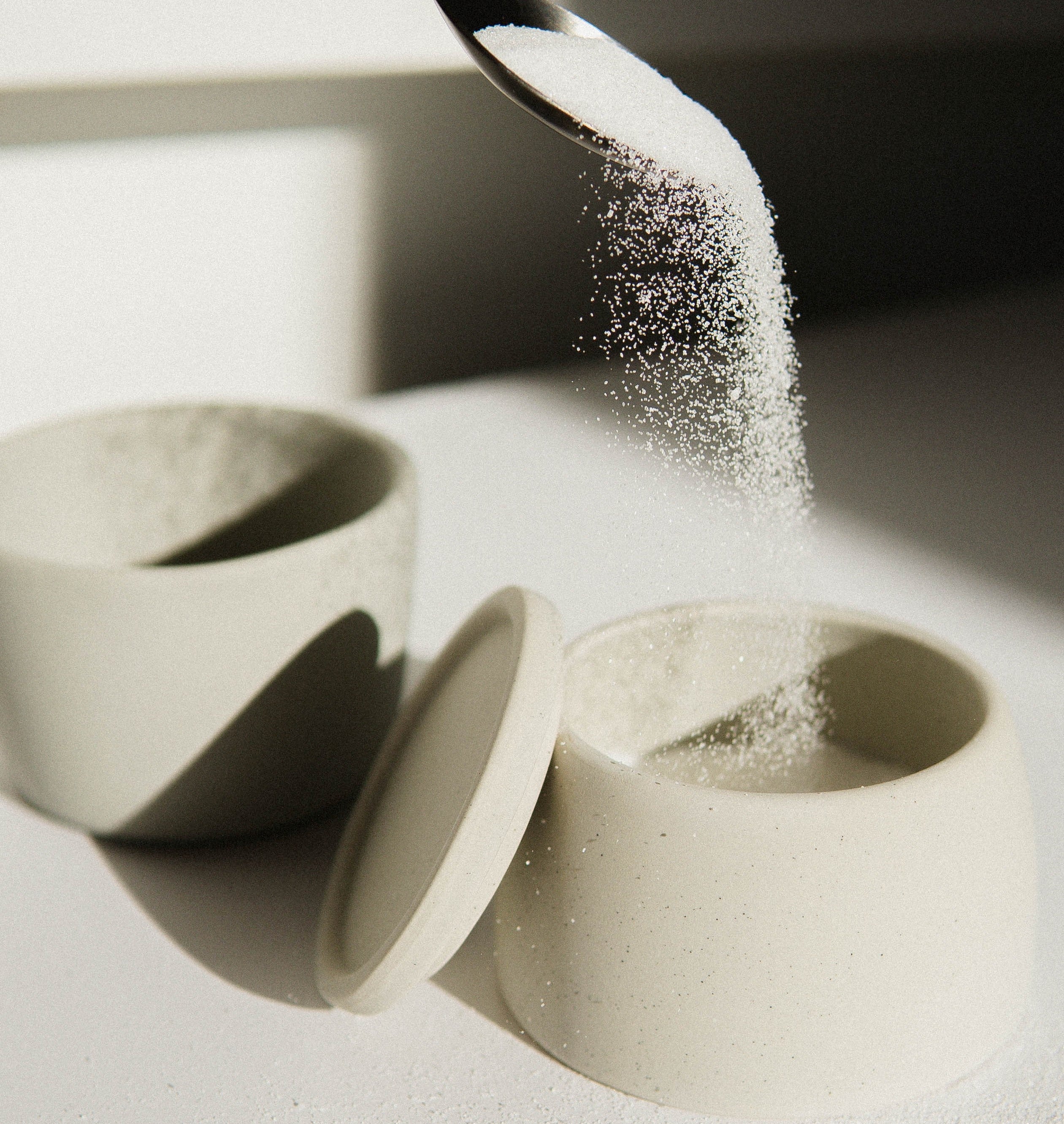
This is because coconut nectar still retains a number of different vitamins and minerals after processing. When you consume refined sugar, you’re essentially ingesting ‘empty calories’, meaning there is very little nutritional value.
Additionally, refined sugar has a much higher glycaemic index (GI) than coconut nectar, which means it raises blood sugar levels at a more rapid rate and causes a fast insulin response within the body. However, once these spikes subside, hunger will ensue. Theoretically, this means that people who consume high GI foods are more likely to overeat than those who select foods from the lower end of the scale.
For reference, the GI scale is measured out of 100 and whilst refined sugar has a GI of around 60, coconut nectar has a GI of 35.
Coconut Nectar is Nutritious
Due to being minimally processed, coconut nectar retains a lot of the vitamins and minerals from the coconut sap, including:
- Iron
- Zinc
- Vitamin C
- Vitamin B
- Magnesium
- Amino acids
In order to get the same nutrients that you would get in coconut nectar, you would need to eat 17 times the amount of honey and a huge 282 times more refined white sugar! So, if you’ve got a sweet tooth, coconut nectar is a much more nutritious alternative.
It Tastes Delicious
If you hate the taste of coconut, you might be put off trying coconut nectar, but you may be surprised to find out that it doesn’t actually taste coconutty at all!
Coconut nectar has a unique, earthy sweetness with a subtle, slightly floral aftertaste. The flavour is often likened to light maple syrup or molasses.
Our Raw Turmeric Vitamin C & D3 Shots contain pineapple flesh, not only for the benefits mentioned above, but to improve the digestion of our shots and make them more bioavailable as a result. Additionally, the addition of coconut nectar adds a sweet kick to this tangy shot. Explore the range today for an easy way to add pineapple and coconut nectar to your diet.
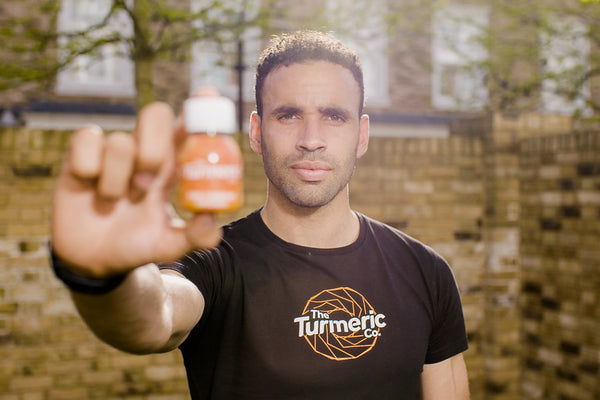
The Hal Robson-Kanu Guide To Fitness & Nutrition
Gain exclusive insight into habits that will make every day a healthy and fulfilling one.
